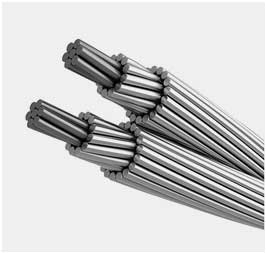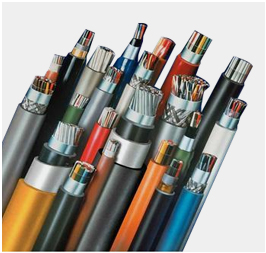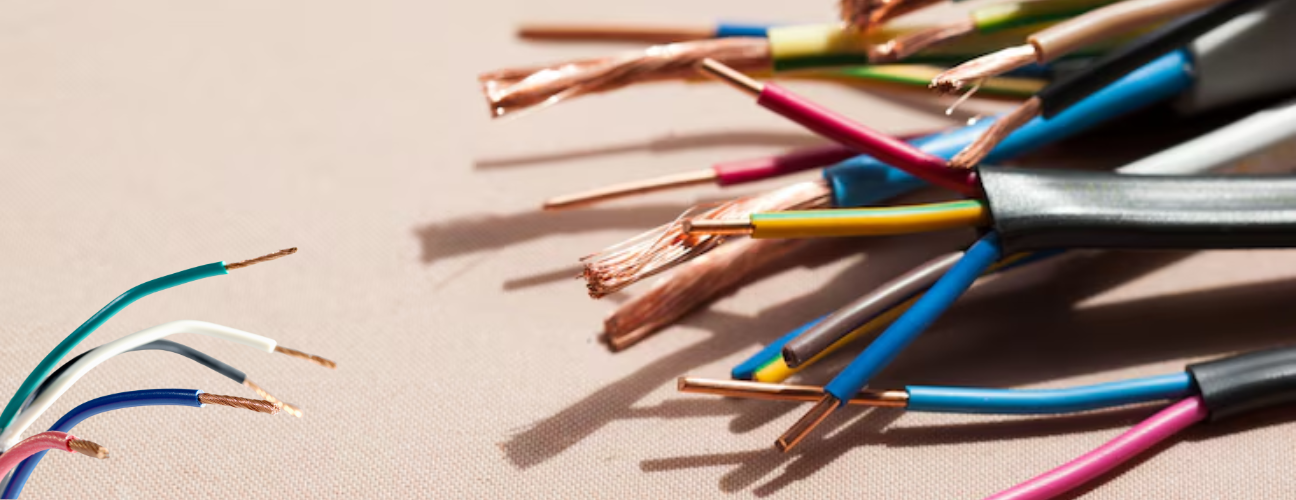Table of Contents
Copper has long been a key material in the world of electrical and mechanical wiring, and for good reason. Its remarkable physical and electromagnetic properties make it the ideal choice for use in a wide array of modern-day engineering applications. From everyday electrical devices like electric kettles to the massive electrical systems powering industrial machinery, copper wires are everywhere. In this article, we’ll explore the top five reasons why bare copper wires continue to be the most commercially viable and reliable choice for both electrical and mechanical wiring needs.
High Electrical Conductivity
Bare copper wires are renowned for their superior electrical conductivity. Copper, a noble metal, naturally possesses excellent electrical properties, making it an ideal material for efficient power transmission. The high electrical conductivity ensures that copper wires are capable of carrying a large amount of current with minimal resistance, which is crucial for reducing energy loss.
Applications:
Due to their exceptional conductivity, bare copper wires are used extensively in circuits, overhead power transmission lines, automobiles, industrial transformers, and even submarines. The ability to transmit electricity with minimal resistance ensures that copper remains the preferred material for both domestic and industrial electrical applications.

Superior Magnetic Properties
In addition to electrical conductivity, bare copper wires exhibit strong magnetic properties, which make them indispensable in a wide variety of electrical and mechanical devices. Copper’s magnetic characteristics are essential for creating components such as solenoids, magnetic bars, and various electromagnetic devices.
Applications:
Copper’s magnetic properties ensure it is utilized in magnetic compasses, ship navigation systems, airplane cockpit systems, and radio frequency antennas. Unlike other metals that can cause interference between magnetic and electrical properties, copper ensures that these elements work together without affecting each other’s performance.
Durability
One of the key reasons copper is so widely used is its remarkable durability. Copper wires are known for their resistance to wear and tear, making them an excellent choice for environments where high temperatures, mechanical stress, or vibrations are prevalent. Copper maintains its integrity even when subjected to long-term use, outperforming other materials that degrade faster.
Applications:
Copper wires are found in high-stress applications, such as heavy machinery, fast-moving machines, and appliances that experience constant wear. Their resistance to corrosion, chemical reactions, and atmospheric abrasion due to moisture, salinity, and grease ensures they last longer than conventional wires, even in the harshest conditions.

Ductility
Bare copper wires are highly ductile, which means they can be easily stretched or drawn into thin wires without compromising their electrical properties. This is an important factor when dealing with applications that require space-saving designs or precise measurements. The property of ductility allows copper to be formed into fine, thin wires that maintain their strength and conductivity.
Applications:
The flexibility of copper makes it ideal for use in smaller machines or devices where space is limited. The ability to draw copper into thin wires without changing its electrical characteristics ensures that it is versatile and suitable for intricate electrical and mechanical systems.
Alloy Options
Another significant advantage of bare copper wires is the ability to alloy or coat them with other metals. Copper can be combined with materials like nickel, zinc, and tin to enhance its electrical properties, improve its resistance to corrosion, and create non-corrosive environments.
Applications:
Conclusion
Copper wires, particularly bare copper wires, continue to be the preferred choice in both electrical and mechanical applications due to their outstanding electrical conductivity, magnetic properties, durability, ductility, and versatility. From household appliances to large-scale industrial machines, copper remains the backbone of electrical systems around the world.
Whether you’re wiring a new home, repairing an electrical circuit, or building a complex industrial system, bare copper wires are the ideal solution for safe, efficient, and reliable electrical and mechanical operations. Their inherent properties ensure that copper will continue to be a critical component in the advancement of electrical engineering for years to come.
Table of Contents


